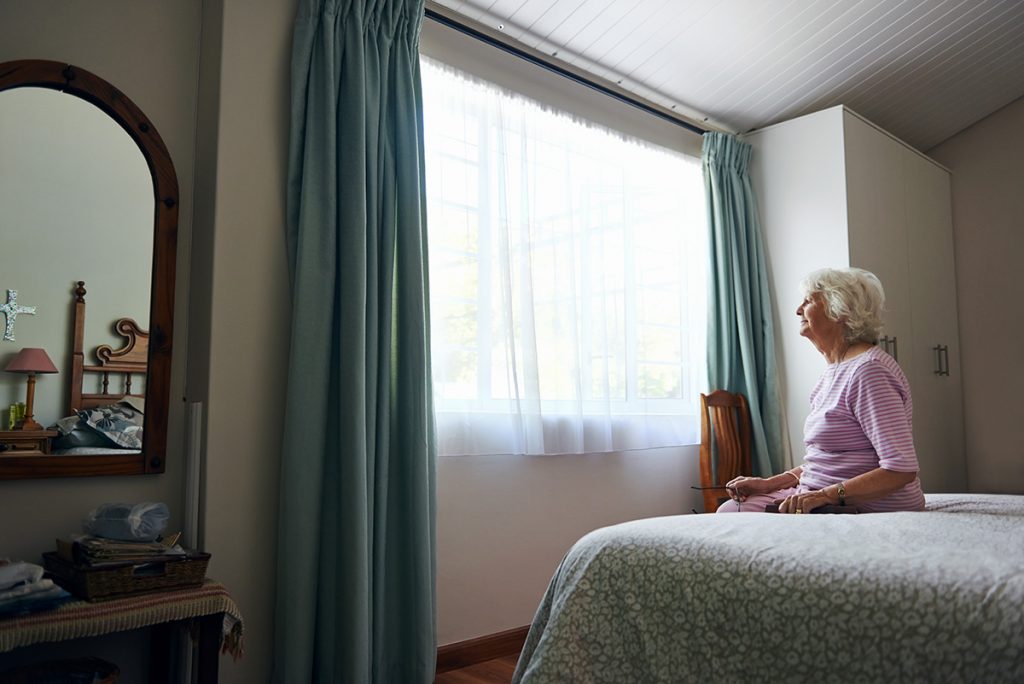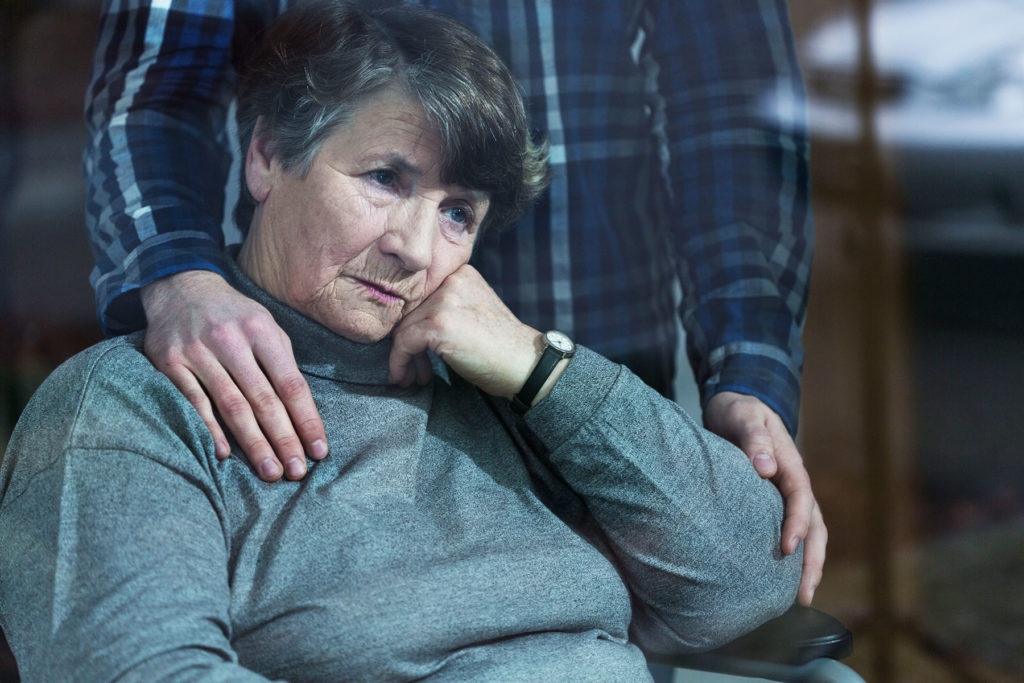Do I have Depression?
There’s no one cause of depression. Sometimes it’s genetic. Other times depression may be caused by past physical, sexual or emotional abuse. Depression may be the result of a reaction to death
or loss. Serious illness, personal problems and substance abuse can all lead to depression. If feelings of sadness persist and make daily activities difficult, you should discuss this with your doctor.
Change Can Be Hard
Sometimes change brings on challenges. There are many changes related to aging. Retirement brings changes. People no longer go to a job. Their personal health declines. Friends and family members pass away. It becomes harder to get out and stay connected to others. Improving your emotional health can help you cope with these changes.
Chase Those Clouds Away
Feeling blue, or sad, at times does not mean you have depression. Adversity, trauma and stress comes to all of us at every stage of life. Be “AWare.” Nurture a strong, positive outlook with daily living habits that can build strong emotional health.
Here are some tips which can help you cope with everyday stress more effectively.
- Get up at the same time each day.
- Get a dose of sunlight each day.
- Think positive. “I can handle this.”
- Do something productive each day.
- Socialize. Join a group of people who share your interests. Make time to talk to friends and family, or volunteer your time and skills
- Try something new.
- Seek comfort in your religious or spiritual beliefs.
- Get a good restful sleep.
- Eat regular well-balanced meals and choose healthy snacks.
- Exercise. Take a walk outside. Join a gym or ride a stationary bike.
- Enjoy uplifting books, movies and music
Depression vs. Dementia What’s The Difference?
Depression and dementia share similar symptoms. In depression there is a rapid mental decline, but memory of time, date and awareness of the environment remains. Motor skills are slow, but normal in depression. Concern with concentrating and worry about impaired memory may occur.
On the other hand, dementia symptoms reveal a slow mental decline with confusion and loss of recognizing familiar locations. Writing, speaking and motor skills are impaired and memory loss is not acknowledged as a being problem by the person suffering dementia. Whether it is depression or dementia, prompt treatment by your doctor is recommended.
Seasonal Affective Disorder (SAD)
Seasonal Affective Disorder (SAD) is often referred to as “winter blues”, and thought to occur just during the fall and winter seasons. However, after further study, SAD is considered to be more than a seasonal mood disorder. It is a recurring major depressive disorder that resolves within months. It is treatable with light therapy, talk therapy and medications.
As with general or seasonal depression, there are self-care steps you can take:
- Regular exercise outdoors, if possible
- Healthy sleep habits with a predictable sleep/wake cycle
- Healthy diet with limits on sugary foods and foods high in carbohydrates
Grief At The Holidays
If an elderly person’s depression is linked to a passed loved one, the holiday season can make things particularly painful but discussing and reminiscing about the departed may result in sharing feelings that many have and need to let out. Grief is normal after the death of a loved one, moving from work into retirement or dealing with a serious illness. In the case of depression, there is a preoccupation with worthlessness, often prolonged which makes daily activities very difficult.








Comments are closed.